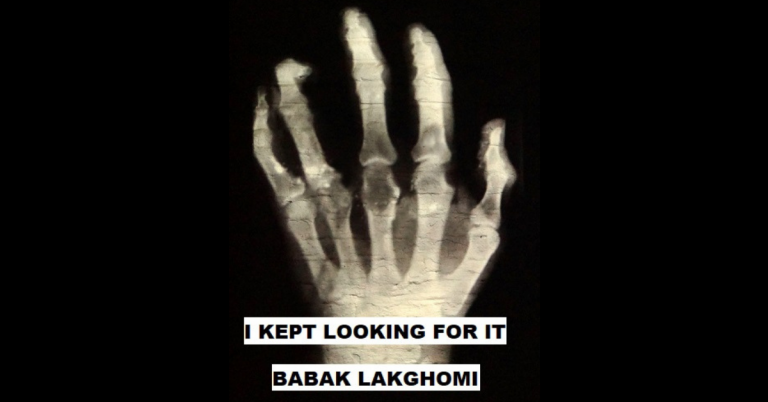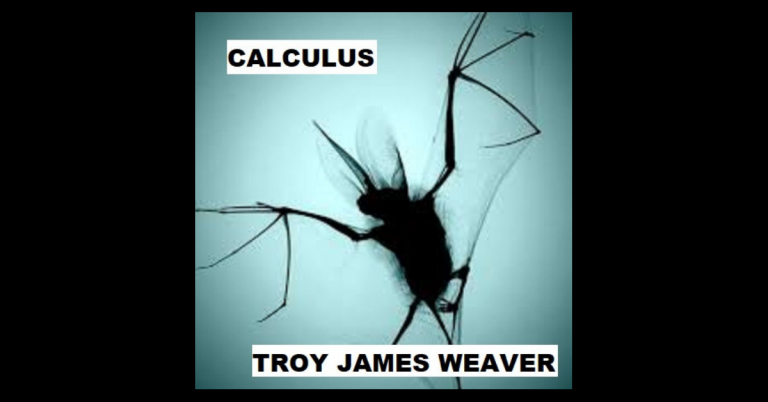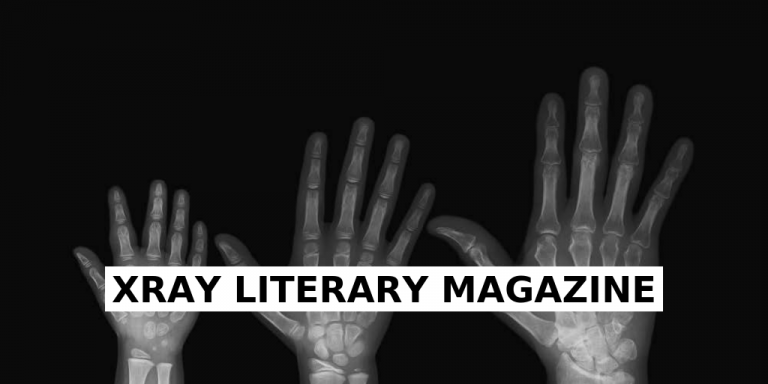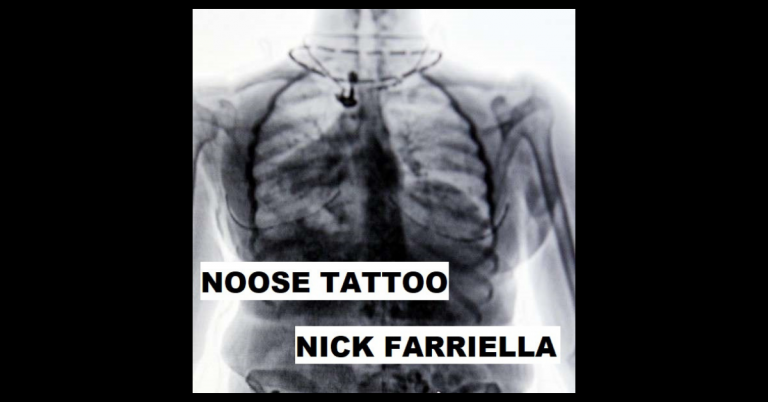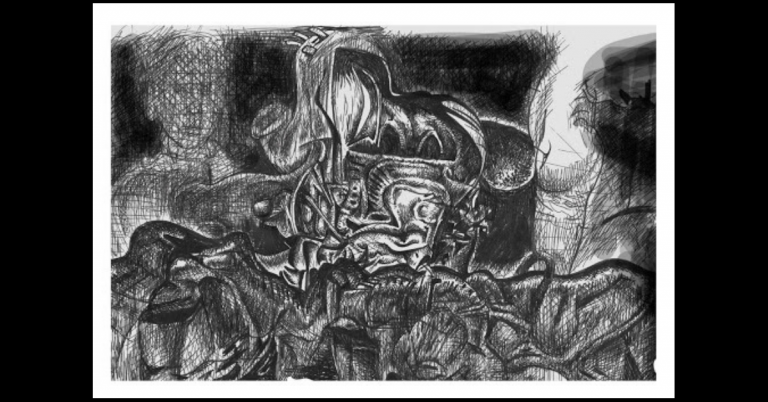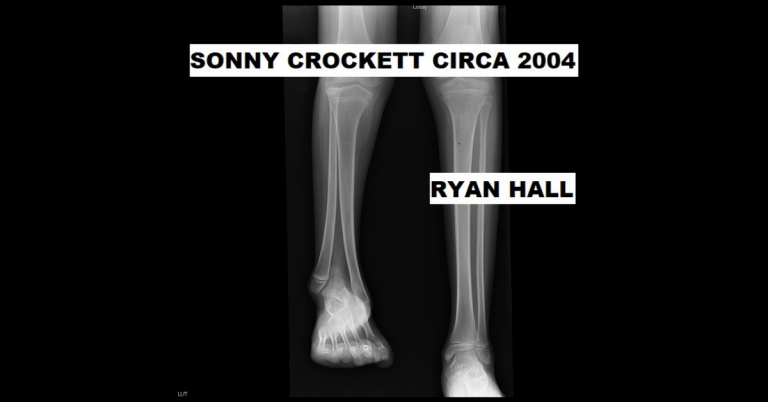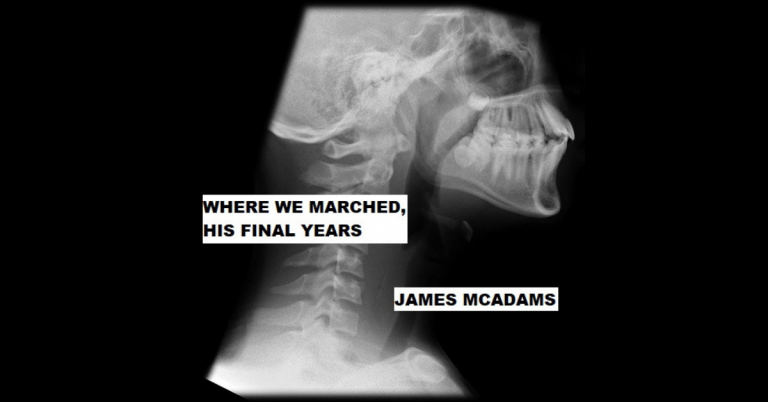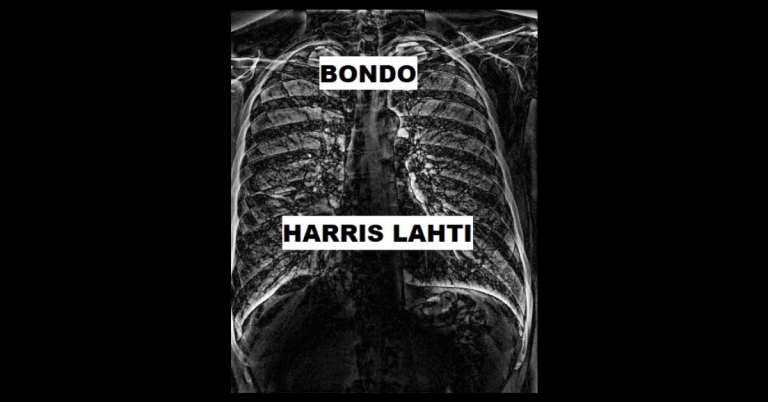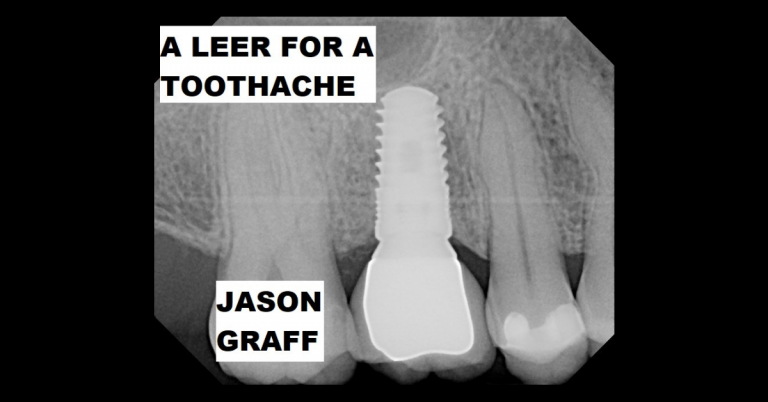
A LEER FOR A TOOTHACHE by Jason Graff
Katie just wants to rip it out. A length of string, some fortitude or, even better, a burly man in uniform, a marine or naval officer would do. Clearly, it was the eye tooth on the upper right side of her mouth that was the trouble. Why shouldn’t a stranger pull it out? How much better would a dentist be than some twine, a golf cart and a driver with a heavy foot? She sips her iced coffee through a straw whose tip has been stained by her lipstick. She knows she wears too much but “they” say men like

